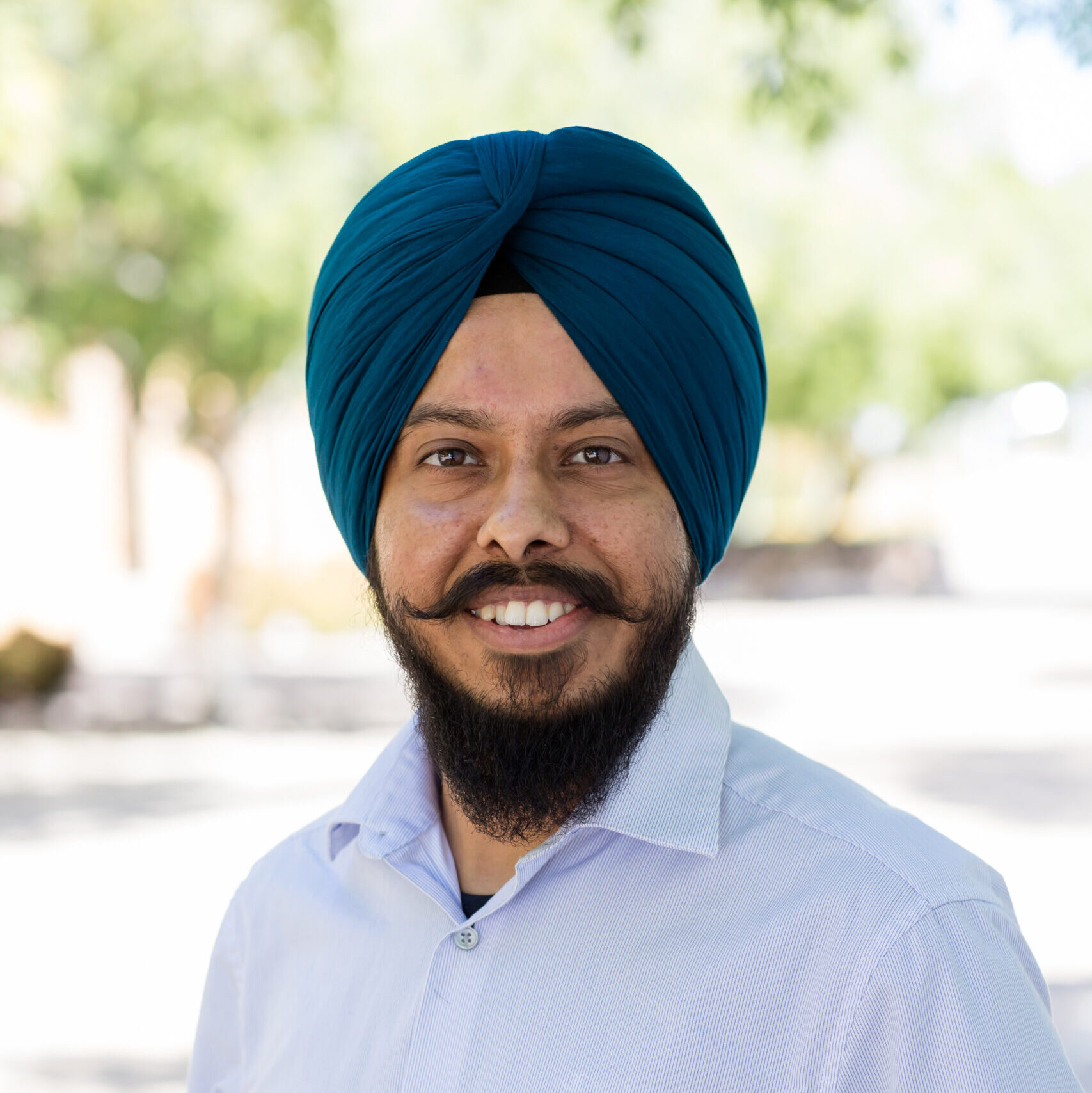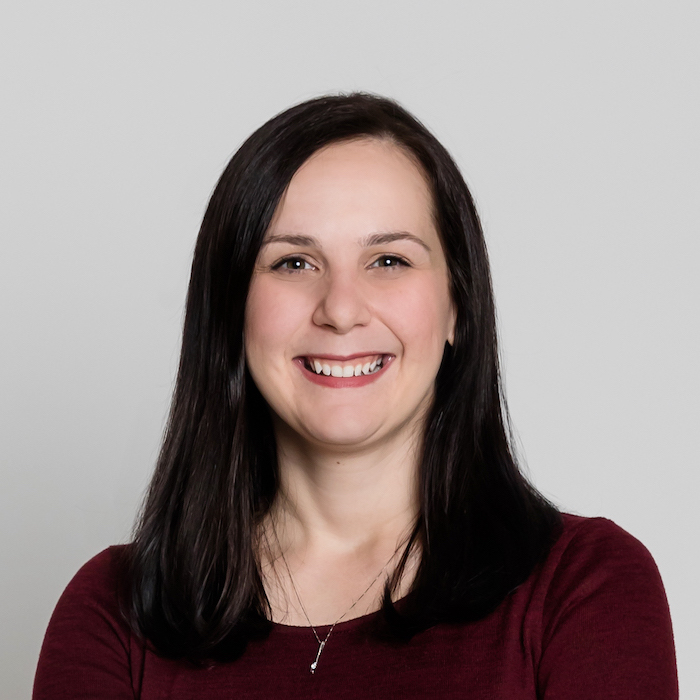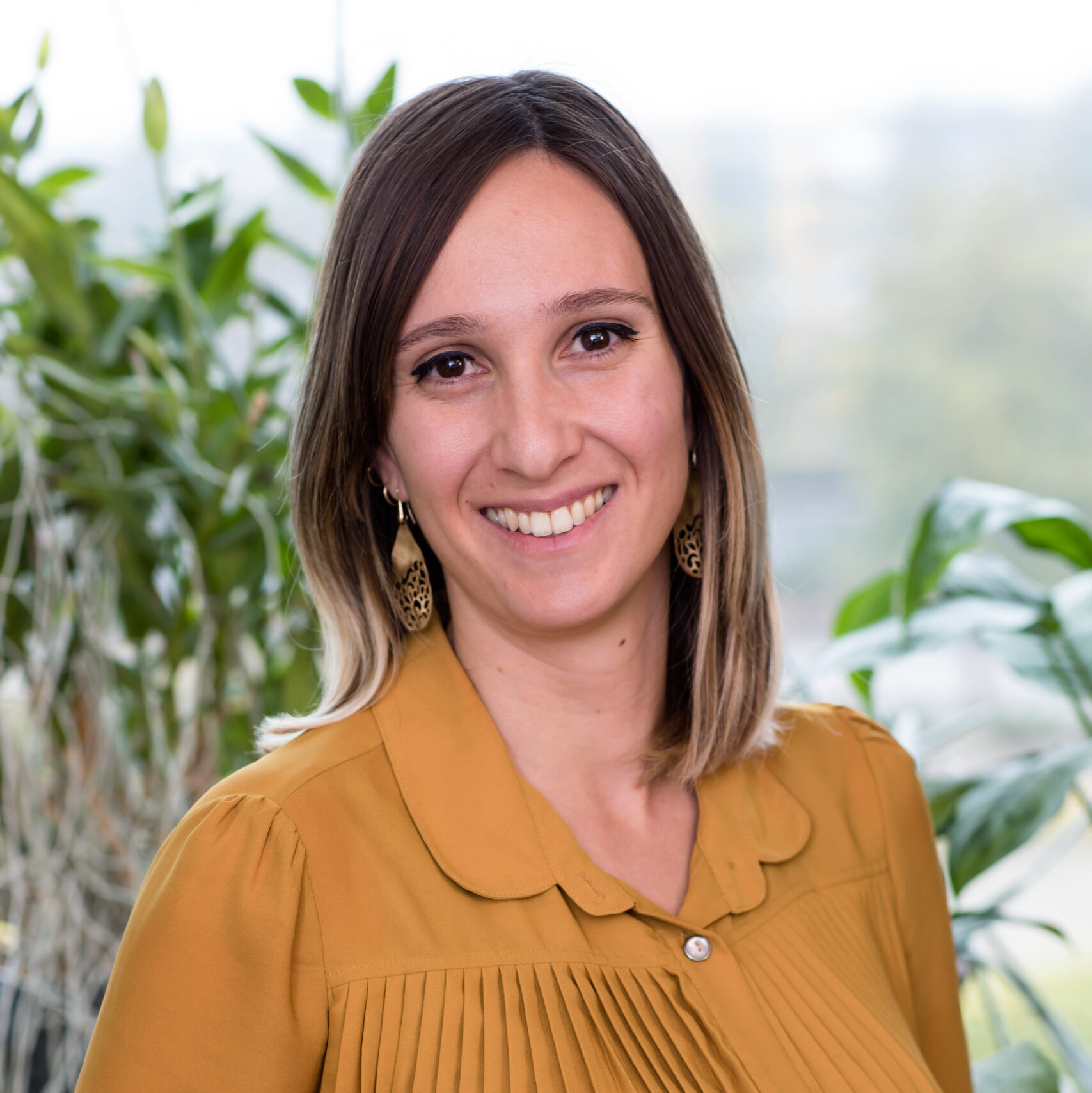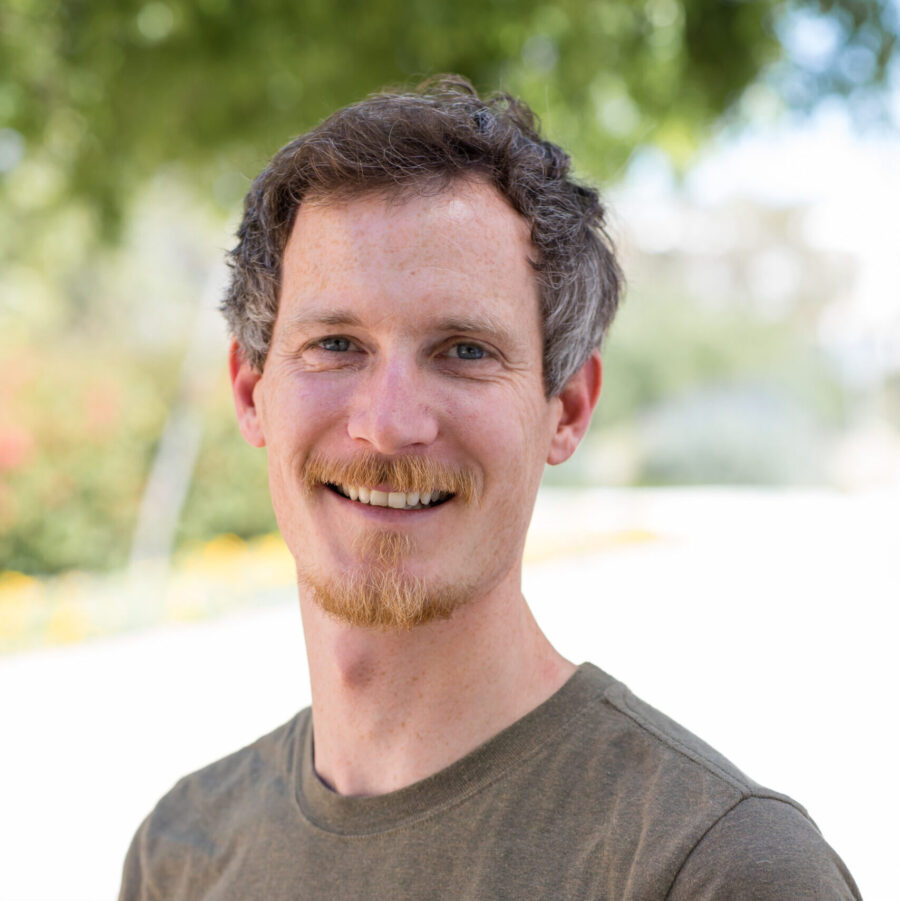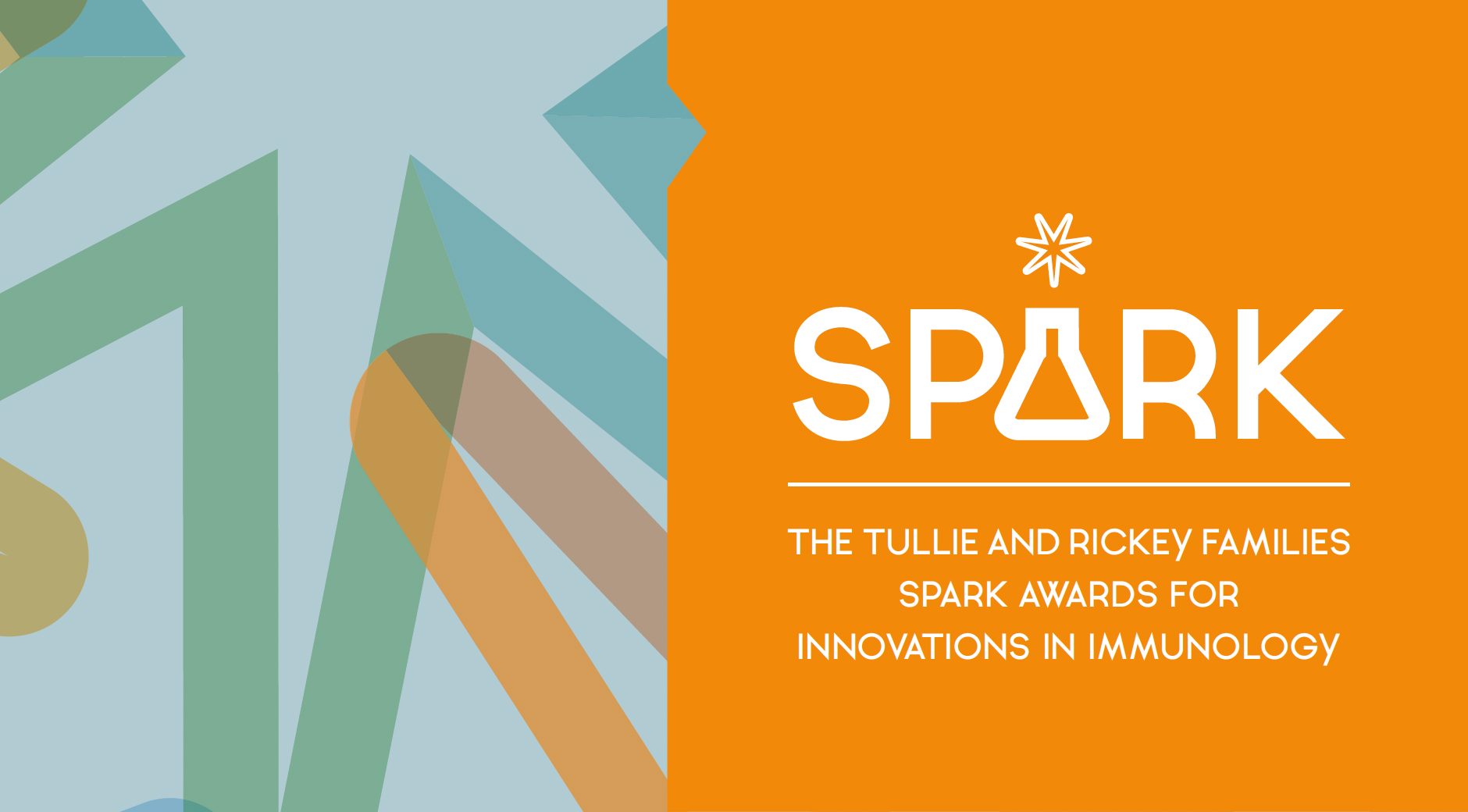Tullie and Rickey Families SPARK Awards 2022 Annual Report Introduction
Five Years of Fueling the Next Generation of Researchers
When the La Jolla Institute SPARK Awards was first conceived in 2017, we had high hopes for the program but it was the first of its kind that we were aware of, and of course there is always a risk to charting a new course. We were filled with questions about whether it would work.
The program was developed to meet two complementary needs at the Institute. First, young researchers often have fresh and innovative ideas, and their career advancement is dependent on them making their own contributions to the field of immunology, but they are often challenged with finding both the opportunity and funding to take their ideas from concept to solid data. Secondly, we had heard from our supporters that it could be difficult for them to feel like they were making an impact since full-scale research projects or equipment often require large amounts of funding and because it could take so long to see if their donation was contributing to progress or success. So we were tasked with how to make our research more accessible and inspiring to donors. In thinking about these needs we realized there was an opportunity to address both by connecting our supporters directly with our early career scientists eager to explore their big ideas with the help of seed funding.
Our initial goal was to fund at least two $25,000 awards to establish the program. We hoped the program would attract the interest of our postdocs and also resonate with our supporters, but only time would tell. Almost immediately, we saw there was indeed an appetite for this opportunity from our scientists when we received nearly 25 applications in response to the first request for proposals. We narrowed that pool to four finalists who we then trained in lay-friendly communication skills and prepared them to pitch their projects to prospective donors. Next, we needed to see if these scientists and their projects would appeal to donors. We didn’t have to wait long—that first year, thanks to an early first commitment from Board Member François Ferré, Ph.D. and his wife Magda Marquet, Ph.D., we moved into our fundraising campaign with momentum and secured enough funding for four initial projects and more. In fact, in 2018 we funded eight projects. This success confirmed there was indeed a desire for our supporters to connect with our individual scientists and fund specific, short-term projects. But even then we were left with important questions. Would we be able to sustain this interest? How could we ensure this program wouldn’t fizzle out over time? After all, it might take a couple years before we could really see if the program was going to be successful in helping these scientists use the data they collected from their projects to attract follow-on funding for their project or compete for critical career-advancing grants and fellowships.
After sitting on the pitch panel the first year in 2018, Tom Tullie saw the potential of the program, but he also recognized the delicate stage it was in. That was when he and his wife Judy came forward with an incredible $250,000 pledge to ensure the program could fund at least one award a year for the next 10 years. Not only this, but Tom reached out to his long-time friend Dave Rickey and invited him and his wife Brenda to learn about the program and get involved as well. Their joint commitments of $375,000 secured the program for the foreseeable future. To honor their visionary generosity, the program was renamed The Tullie and Rickey Families SPARK Awards for Innovations and Immunology.
With the security of the program in place, we were able to blaze boldly ahead. In 2019, we continued to attract donors to join the Tullies and Rickeys in supporting the program, and we successfully funded another six SPARK Award projects. That summer, LJI representatives and Tom Tullie took the program to a national stage at the Classy Collaborative conference in Boston, to share with others in the non-profit space how we were able to successfully connect donors to our mission through the program. And in the fall of 2019, our first “SPARK Star,” Dr. Rana Herro, advanced her career by securing a faculty position at Cincinnati Children’s Hospital, which she in part attributed to the experience and skills she gained from her involvement with the SPARK program.
In those early years, SPARK winner feedback highlighted unexpected benefits about the program. For example, we had underestimated how valuable and unique the training we were giving our postdocs was for building their own confidence and preparing them to not only effectively convey their ideas during the award pitches, but also to communicate effectively in interviews for faculty positions or when writing grant applications for private foundations and individuals. These science communication skills were also valuable in helping our supporters feel a more personal connection with the Institute. Over time, SPARK winners have taken on true ambassador roles for LJI, participating in donor tours and events to provide their personal perspectives of amazing work underway at LJI.
By 2020, the program truly became an established gem of the Institute, featuring exciting new projects from LJI’s best and brightest young researchers, as well as inspiring even more donors to become involved. Between 2020 and 2021, supporters funded an additional 16 projects, including several projects aimed at helping us better understand the virus behind the global COVID-19 pandemic. We also started to see the first cohorts of SPARK winners build on their SPARK projects, proving that investment in them and their ideas could result in scientific breakthroughs and career advancement. The first really large follow-on funding grants begin to materialize in 2021, when Dr. Marco Orecchioni and Dr. Abhijit Chakraborty each won six-figure awards from The Conrad Prebys Foundation to build on the data they collected from their SPARK projects. And later that spring, Dr. Ian Mathews, together with his P.I. Dr. Sonia Sharma, secured a $4.2M R01 grant from the National Cancer Institute, stemming from the data he produced with his SPARK award in 2018. Not only that, but in those two years six more SPARK Stars among the 2018–2021 winners went on to start their own labs (Dr. Daniela Weiskopf, Dr. Holger Winkels, Dr. Huy Dinh, Dr. Cecilia Lindestam Arlehamn, Dr. Vipul Shukla, and Dr. Michael Norris).
And now in 2022, our fifth year of awards, the program shows no sign of slowing down. Not only did we fund six new SPARK projects in January, but we’ve also had three more former winners, Dr. Greet Verstichel, Dr. Nicolas Thiault, and Dr. Julie Burel, secure six-figure awards from private individuals and foundations to continue their work.
Looking back over the past five years, we’ve seen SPARK project data contribute to the publication of at least 12 manuscripts in leading scientific journals and four applications for patents, demonstrating the innovative aspects of the projects being funded through this program. And as of writing this, there are roughly 20 papers or grant applications in progress by SPARK Award winners, indicating the number of publications and awards will continue to climb in the next five years.
We are so grateful to the approximately 200 supporters of this program who have helped us raise more than $1.1M since 2017. We are especially grateful for the investment and belief of the Tullie and Rickey families at such a critical time in this program’s history. This partnership helped us confidently build this program to where it is today and has also allowed us to be nimble as we’ve piloted new aspects of the program. For example, in 2021 we implemented a $5,000 pitch bonus to the scientist with the top pitch—to further incentivise our scientists to find ways to make their pitch really stand out to donors. And in 2022 we look forward to giving our 2022 winners an opportunity to compete for an additional $25,000 award after six months of progress, which would concentrate more award dollars behind the project showing the greatest promise.
As we look to the future of the Tullie and Rickey Families SPARK Awards program, we do still have questions. But we no longer wonder if the program will survive or be successful; instead, we are excited to imagine just how successful it will be.

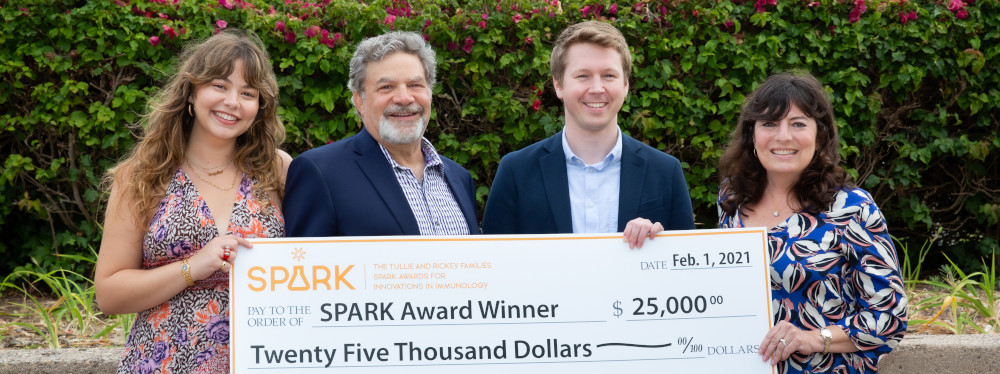
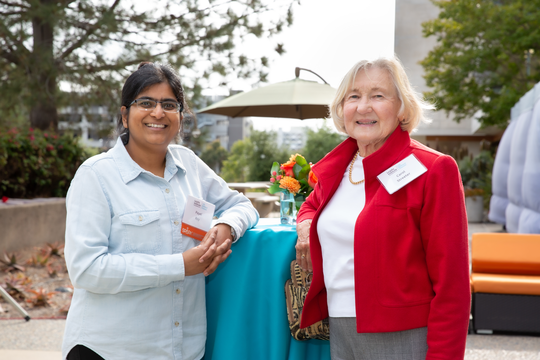
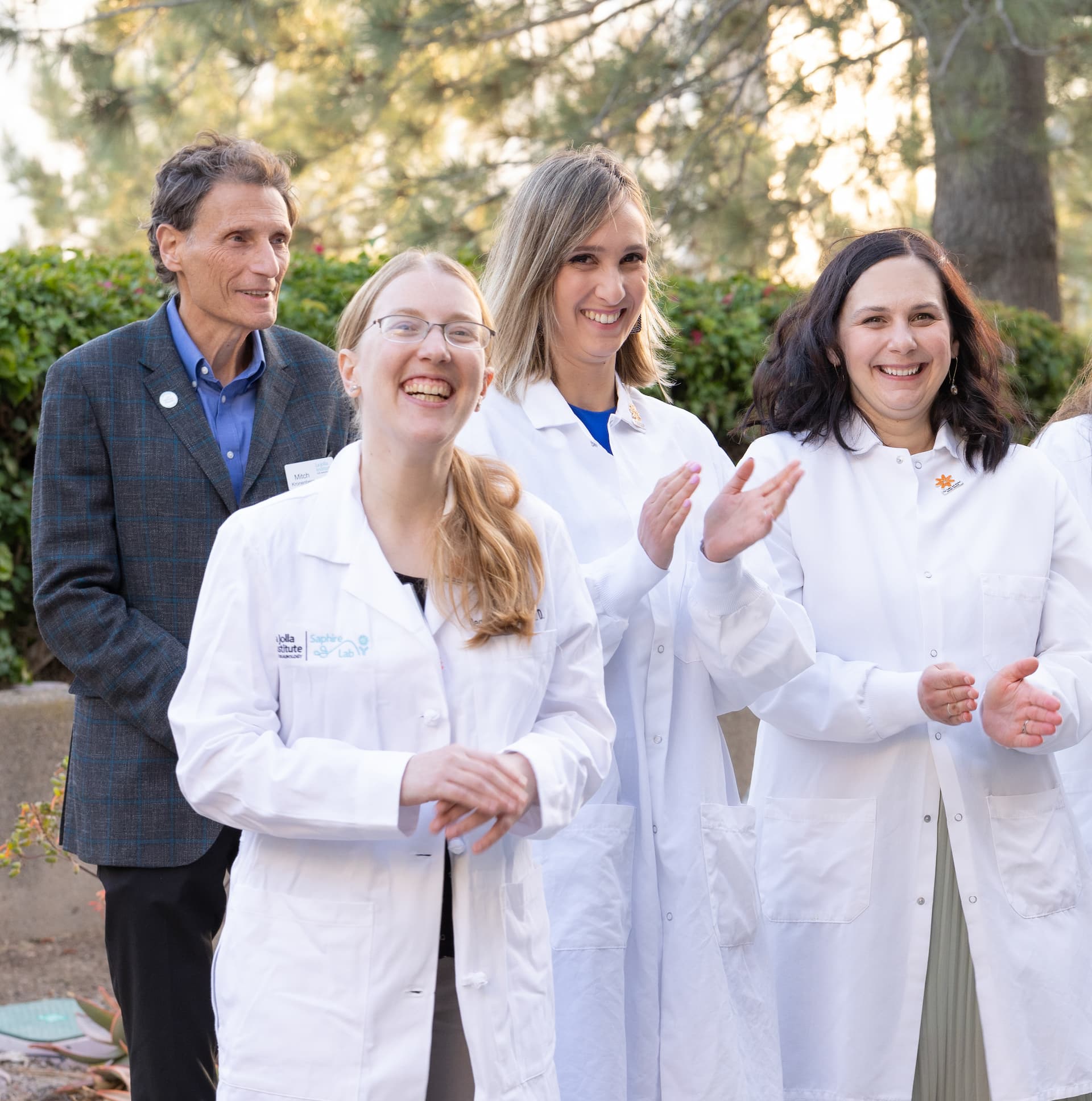
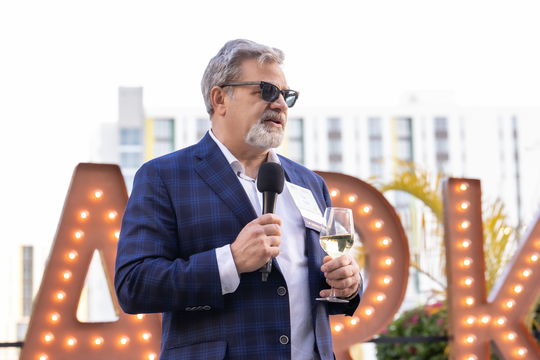
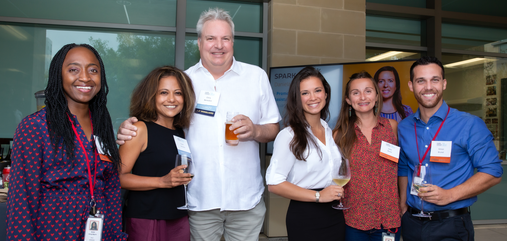


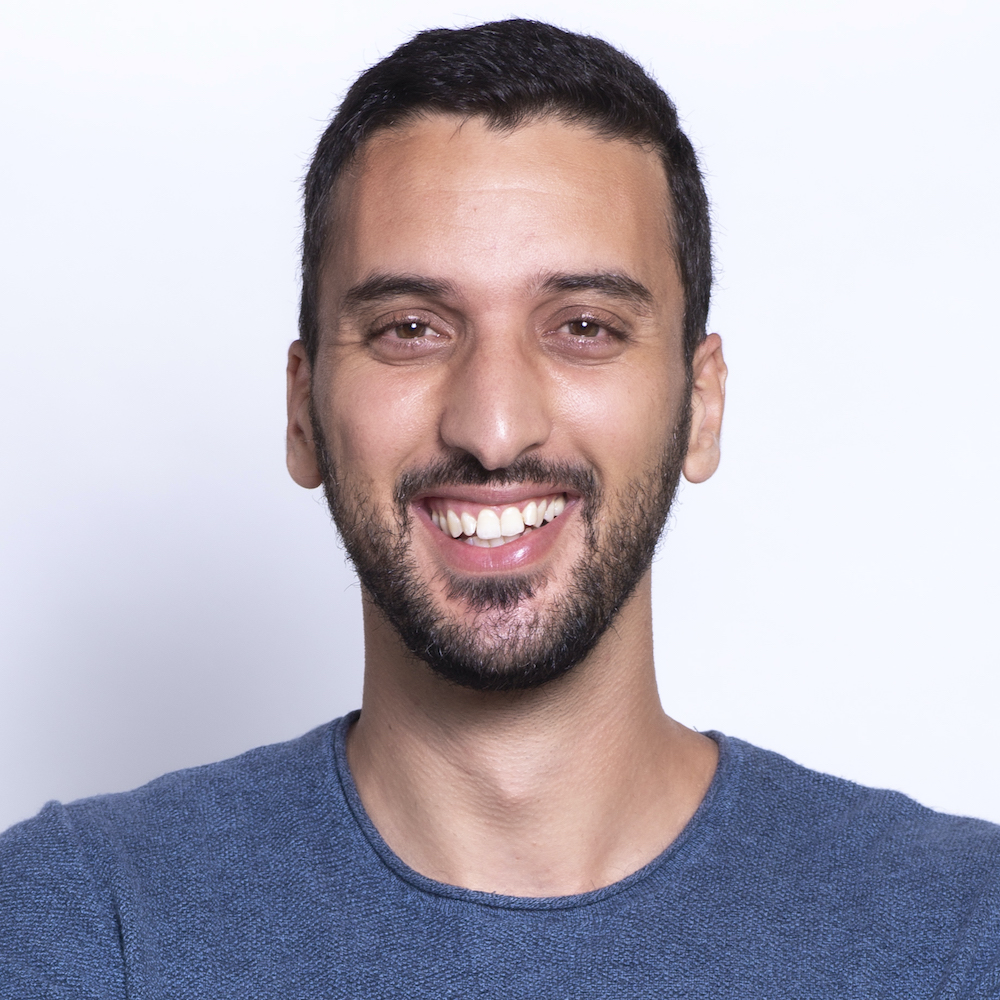


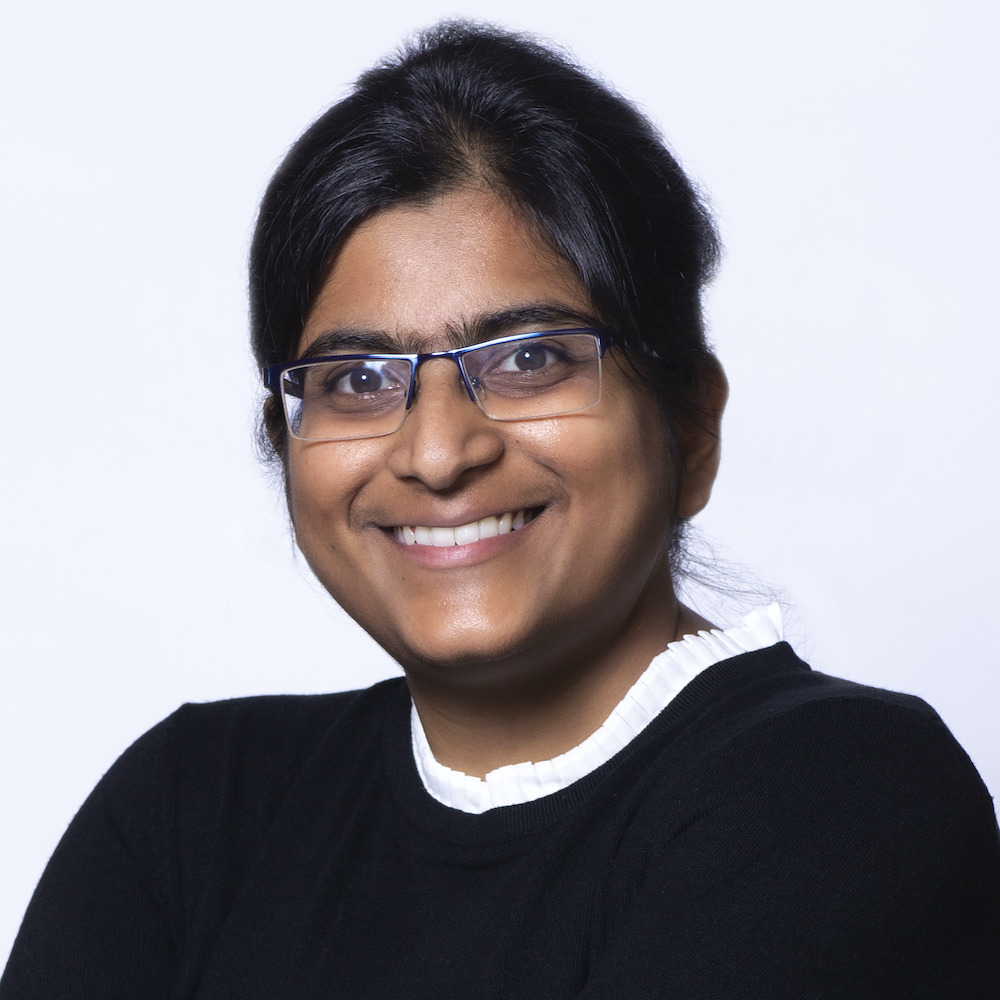
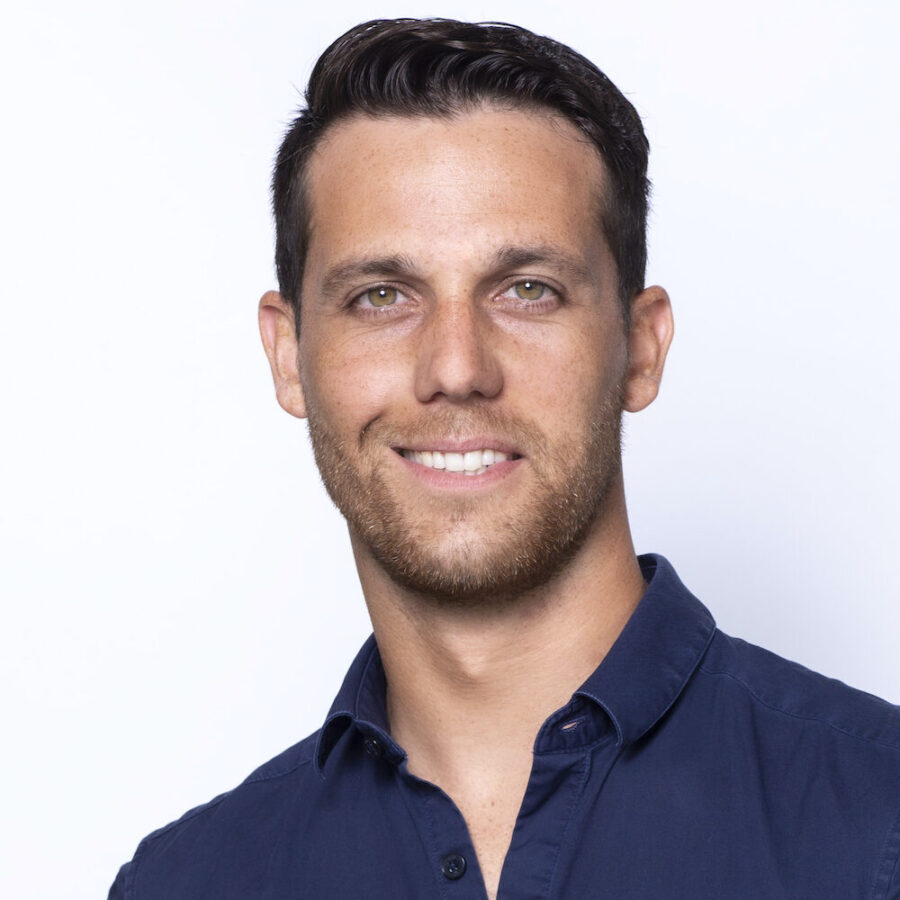

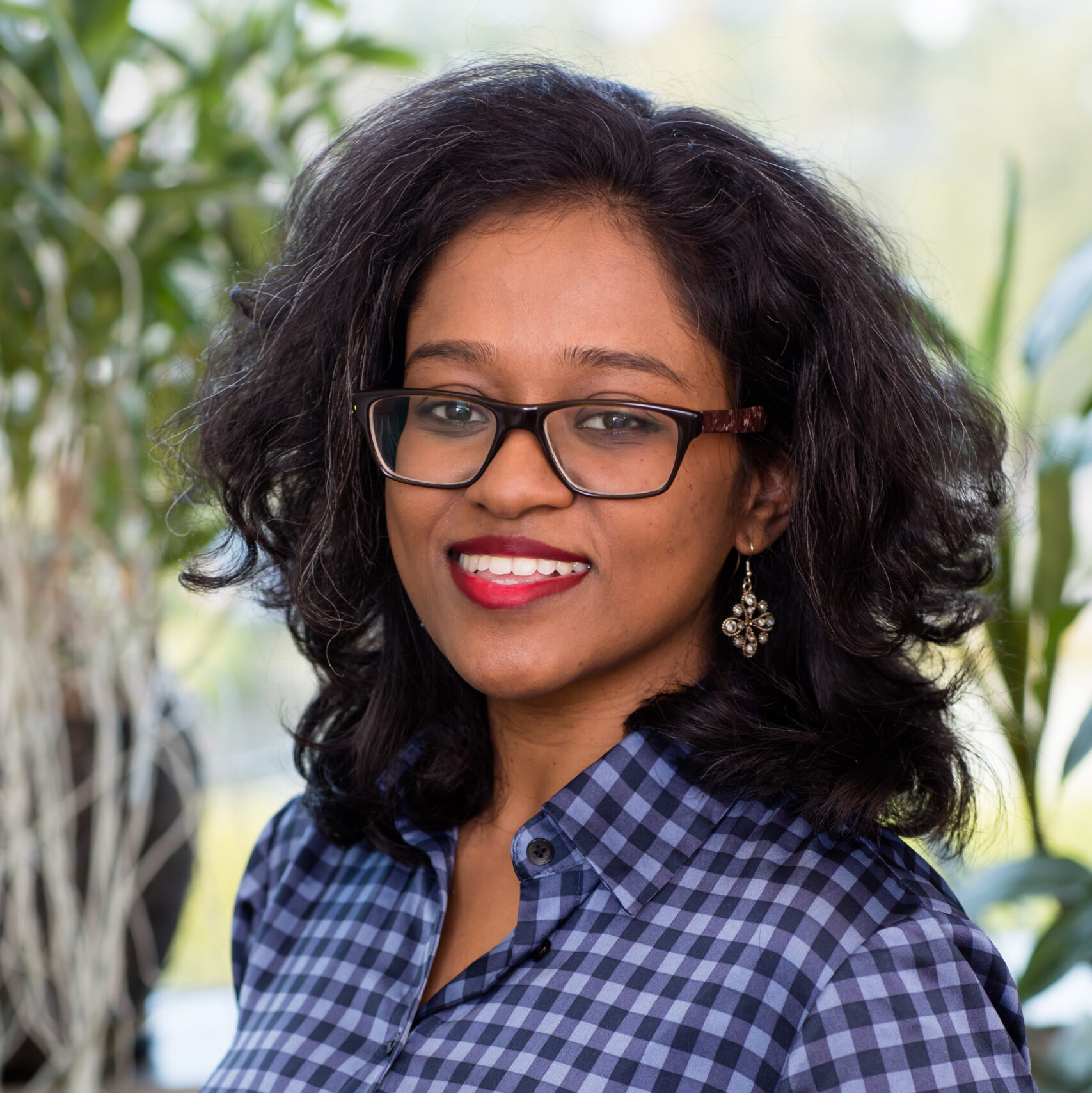 “My SPARK project set out to identify why men are more vulnerable to COVID-19 infectivity.”
“My SPARK project set out to identify why men are more vulnerable to COVID-19 infectivity.”